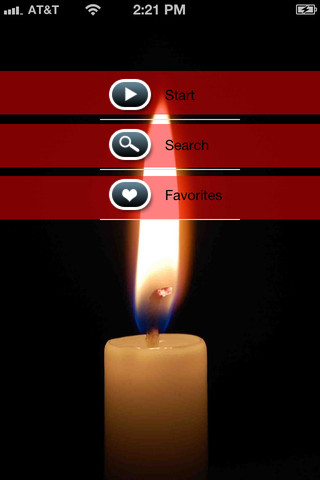Spells For Beginners Details
The current rules are based on the d20 System—a core set of rules which can be (and are) used as the basis for many games. Thus, many d20 games might use the D&D spell list, while others create their own or even replace the entire magic system.Types
In the Dungeons & Dragons game, magic is a force of nature, and a part of the world. There are two main types of magic: arcane, which comes from the world and universe around the caster, and divine, which is inspired from above (or below): the realms of gods and demons. Wizards, sorcerers and bards learn to cast arcane spells, which are typically flashy and powerful, but, prior to 4th edition, often require complex movements and gestures known as somatic components, which are impeded by wearing bulky armor. Clerics, druids, rangers and paladins cast divine spells, which draw their power from a deity, from nature, or simply the caster's inner faith. While the casting of these spells is not impeded by heavy armor, it may require the caster to wear a holy symbol as a focus. A spell may exist in both arcane and divine forms—for example, summon monster VII can be cast by both wizards and clerics, although a cleric might use it to summon an angel while a wizard would feel free to summon whichever creature best fits the situation.
The current rules are based on the d20 System—a core set of rules which can be (and are) used as the basis for many games. Thus, many d20 games might use the D&D spell list, while others create their own or even replace the entire magic system.Types
In the Dungeons & Dragons game, magic is a force of nature, and a part of the world. There are two main types of magic: arcane, which comes from the world and universe around the caster, and divine, which is inspired from above (or below): the realms of gods and demons. Wizards, sorcerers and bards learn to cast arcane spells, which are typically flashy and powerful, but, prior to 4th edition, often require complex movements and gestures known as somatic components, which are impeded by wearing bulky armor. Clerics, druids, rangers and paladins cast divine spells, which draw their power from a deity, from nature, or simply the caster's inner faith. While the casting of these spells is not impeded by heavy armor, it may require the caster to wear a holy symbol as a focus. A spell may exist in both arcane and divine forms—for example, summon monster VII can be cast by both wizards and clerics, although a cleric might use it to summon an angel while a wizard would feel free to summon whichever creature best fits the situation.
Spells For Beginners
Spells For Beginners
Spells For Beginners
Spells For Beginners
Spells For Beginners
Spells For Beginners
Spells For Beginners
Spells For Beginners
Spells For Beginners
Spells For Beginners
Spells For Beginners
Spells For Beginners
Spells For Beginners
Spells For Beginners
Spells For Beginners
Spells For Beginners
Spells For Beginners
Spells For Beginners
Spells For Beginners
Spells For Beginners
Spells For Beginners

















No comments:
Post a Comment